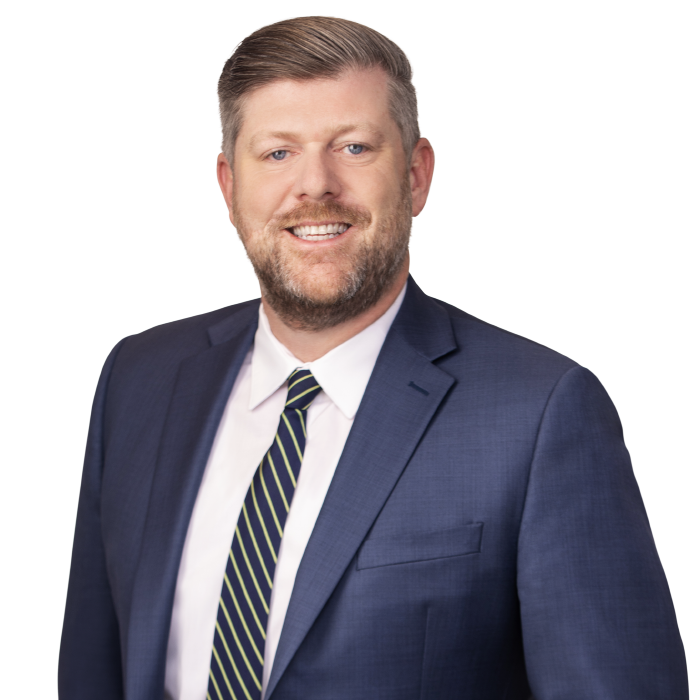
Court Broadens Scope of Prevailing Wage Law for Special Districts
California Appellate Court Decision in Kaanaana v. Barrett Business Services, Inc.
A California appellate court recently continued the trend of legislative and judicial expansion of the prevailing wage law’s scope in Kaanaana v. Barrett Business Services, Inc. The Second District Court of Appeal found that a company providing employees to sort recyclables at recycling facilities owned by a sanitation district was required to pay its employees prevailing wage because work done for other similar districts is “public work” subject to state prevailing wage requirements.
By law, prevailing wage is required on “public works,” which has historically been limited to construction-related activities and certain maintenance work. The Kaanaana decision is notable because it expands the requirement to comply with state prevailing wage requirements to most tasks contracted for by certain special districts.
The workers in question here acted as “belt sorters” tasked with standing at sorting stations along a conveyor belt, removing recyclable materials from the belt and placing them in receptacles at the sorting stations. The trial court concluded that recyclable sorting work did not come within the definition of a “public work” because it was not in the nature of construction work. The appellate court reversed, disagreeing with the trial court’s narrow interpretation of “public work” under state prevailing wage law.
Under Labor Code section 1771, except for public works projects of $1,000 or less, prevailing wage rates must be paid to all workers employed on “public works” when the work is performed under contract and not carried out by a public agency with its own forces. Labor Code section 1720(a) provides several definitions of the meaning of the term “public works.”
The appellate court considered the definition of “public work” set forth in Labor Code section 1720(a)(2), which defines it as “Work done for irrigation, utility, reclamation, and improvement districts, and other districts of this type. ‘Public work’ does not include the operation of the irrigation or drainage system of any irrigation or reclamation district . . .” This definition has generally been read in conjunction with the definition of a “public work” under Labor Code section 1720(a)(1), defining “public work” to mean “Construction, alteration, demolition, installation, or repair work done under contract and paid for in whole or in part out of public funds . . .”
Departing from the traditional interpretation of Labor Code section 1720(a)(2), the appellate court held that this definition of “public work” is to be read independent of the definition in Labor Code section 1720(a)(1), thus resulting in the application of prevailing wage to recyclable sorting.
The court’s decision was not unanimous (two to one), and the dissent refuted many of the majority’s arguments. It was concerning to the dissent that prevailing wage law has been applied to various kinds of work involving or affecting physical facilities and infrastructure but never, until now, routine operations performed inside a facility.
So what does this all mean?
Under Kaanaana, any tasks involving some form of labor done under contract (and not performed by agency employees) for irrigation, utility, reclamation and improvement districts, and other districts of this type is, except for public works projects of $1,000 or less and operation of the irrigation or drainage system of any irrigation or reclamation district, potentially subject to prevailing wage requirements.
For more information about this decision and how it may impact your agency, please contact the authors of this Legal Alert listed at the right in the firm’s Municipal Law practice group, or your BB&K attorney.
Please feel free to share this Legal Alert or subscribe by clicking here. Follow us on Facebook @BestBestKrieger and on Twitter @bbklaw.
Disclaimer: BB&K Legal Alerts are not intended as legal advice. Additional facts or future developments may affect subjects contained herein. Seek the advice of an attorney before acting or relying upon any information in this communiqué.


